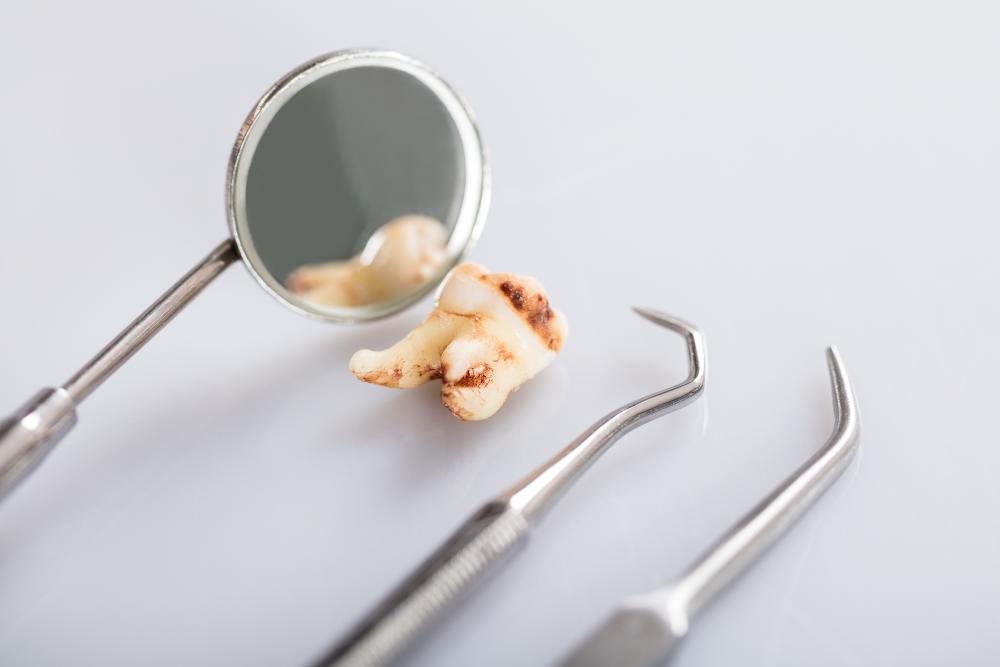Regarding post-tooth extraction care, your diet plays a pivotal role in the healing process. A tooth extraction, whether it’s a wisdom tooth removal or another type of extraction, is a dental procedure that requires proper aftercare. This includes paying careful attention to what you eat to ensure a smooth and complication-free recovery.
Dairy Products and Their Nutritional Benefits
Dairy products are known for their nutritional benefits and are a standard part of many people’s diets. They provide essential nutrients like calcium and protein, which are crucial for maintaining strong teeth and bones.
Dr. Rubinov emphasizes that dairy products can be a valuable component of a balanced diet, contributing to overall health—however, their role changes temporarily after a tooth extraction.
Why Avoid Dairy After Tooth Extraction
The key question addressed in this section is why dairy should be avoided after a tooth extraction. Dr. Rubinov clarifies that it’s not a permanent restriction but a precautionary measure during the initial stages of healing.
After a tooth extraction, the site is healing, and there may be a blood clot in the socket. Consuming icy and dairy-based products can dislodge the blood clot or irritate the surgical site.
This can lead to a painful condition known as a “dry socket,” which delays the healing process and can be highly uncomfortable. Dentists typically advise patients to avoid dairy products for the first few days following a tooth extraction to minimize the risk of dry sockets.
Potential Complications from Consuming Dairy
While dairy products offer valuable nutrients, there are potential complications associated with consuming them shortly after a tooth extraction. Dr. Alex Rubinov outlines the risks and explains why caution is essential.
After a tooth extraction, a blood clot forms in the socket to protect the healing area. Dairy products can disrupt this clot, leading to a dry socket condition. A dry socket is painful and delays the healing process. Avoiding dairy to minimize this risk during the initial recovery period is crucial.
Alternatives to Dairy for Nutritional Support
Dr. Rubinov emphasizes that while dairy is restricted temporarily, it’s vital to maintain proper nutrition for overall health and healing. Fortunately, dairy alternatives can provide essential nutrients without the risk of complications.
Patients can turn to non-dairy sources of calcium, such as leafy greens (e.g., kale and spinach), fortified plant-based milk (e.g., almond milk), and canned fish with bones (e.g., salmon and sardines). These options ensure the body receives the necessary calcium for bone health without interfering with healing.
The Role of Calcium and Other Nutrients
Calcium is a vital nutrient for dental and overall health. Dr. Rubinov explains its role in maintaining strong teeth and bones, making it a crucial component of post-tooth extraction nutrition.
In addition to calcium, other nutrients like vitamin D, vitamin K, and protein play essential roles in the healing process. These nutrients support tissue repair, immune function, and the formation of new bone tissue. While dairy is a convenient source of these nutrients, patients can still obtain them from alternative foods and supplements if necessary. Dr. Rubinov encourages individuals to prioritize their nutritional intake during recovery to ensure a successful healing process.


